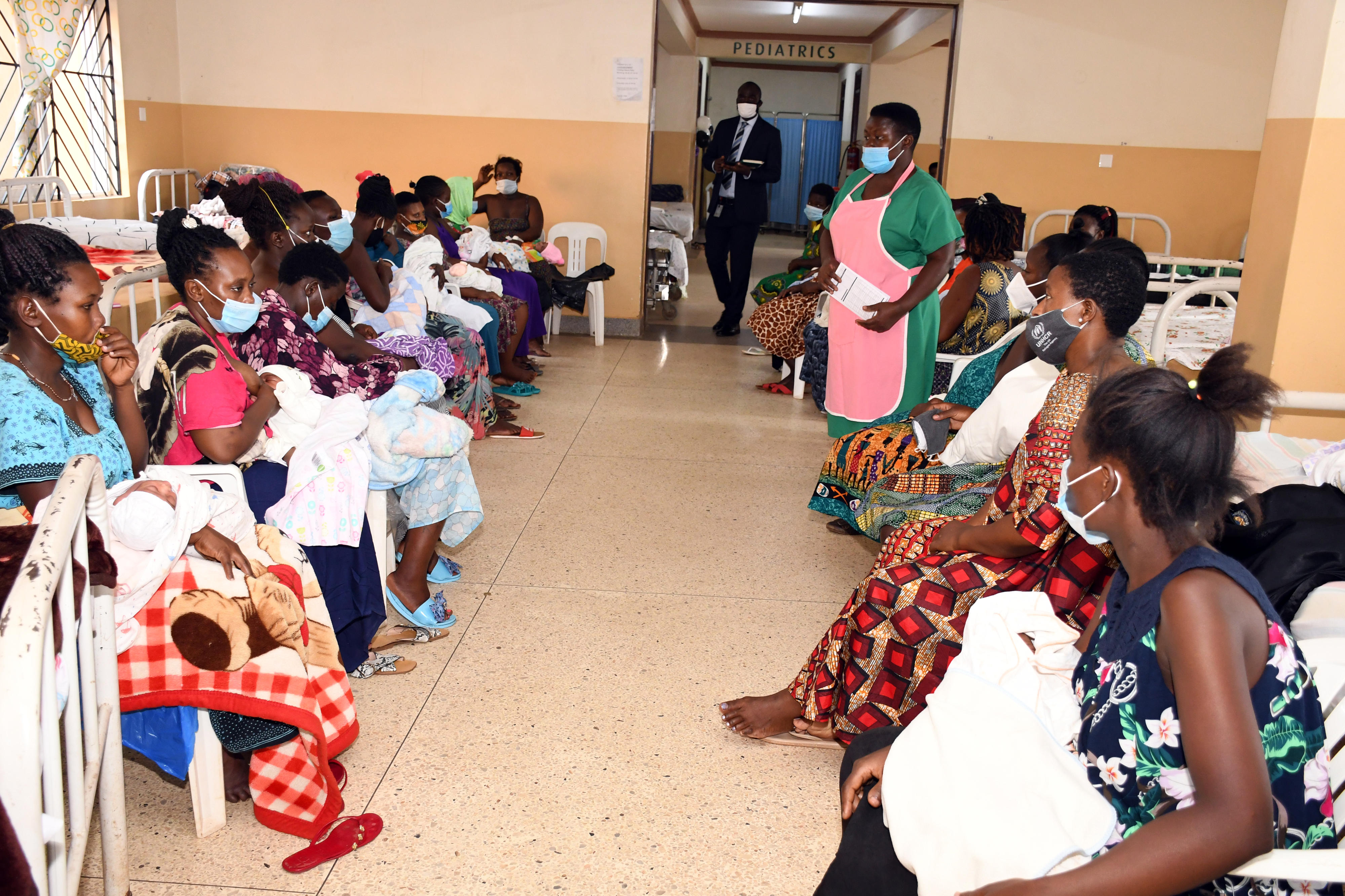Prime
Seven conspiracies running and ruining the Ugandan economy

The world presents enemies who may be intelligent (human army) or non-intelligent (army worms or bad weather). The later have no intentions to harm us as they ‘do their things’, and should be subdued by our superior human intelligence as shown by the failure of hostile weather to create famine in Israel. So what has held Uganda’s economy hostage and is sucking blood out of it every passing day? I bring seven suspects to the public court.
First, inequality that has left 20 per cent of Ugandans in the lower income category sharing only 5 per cent of the economy while the top 10 per cent own 35 per cent.
Using data for 2012/13, about 7.5 million people shared about Shs13 trillion while the wealthy 3.2 million owned Shs22 trillion of the Shs68 trillion economy.
Inequality in wealth, income and power relations undermine economic production, productivity and growth. The poor cannot create a vibrant market for investment, and tend to employ crude and inefficient production technologies.
Second, wrong strategies and bad policies have seen the country lock up huge resources in unproductive or low-yielding investments in public infrastructure and private real estate. A lot of infrastructure is either underutilised or simply incomplete and idle.
For example, electric transmission lines involving costly pylons worth hundreds of billions of shillings carry no electric lines or electricity.
Thus, the trillions of money invested under the guise that “infrastructure causes development”, have only impacted the economy through debt and ‘loss’ of precious money (nearing Shs3 trillion per year) as interest payments.
Third, internal weaknesses in public institutions have greatly undetermined service delivery and consequently the economy. The causes range from incompetence-related to wrong recruitment and promotion due to patronage and nepotism to poor remuneration and facilitations of staff. A medical doctor with a monthly salary of Shs850,000 and no basics such as anesthesia, gloves and drugs cannot make a meaningful contribution to the economy.
Fourth, bad politics called politicking has not provided sufficient logical guidance and supervision to the technocrats.
It is hard to imagine that 10 years since Uganda discovered commercial quantities of oil, there is nothing like an oil road – only road segments of questionable quality.
Two decades of UPE have left millions of children with hardly any basics in literacy and numeracy. Decentralisation has only created a myriad of ineffective units that are undermining rather than contributing to service delivery and economic growth.
Fifth, corruption has not only led to loss of trillions of money, but also crippled individual behaviour.
Instead of thinking about serving the population and promoting growth, many officials have changed from rangers to poachers, and are using their best brains and government facilitation to cannibalise the economy.
Projects are designed with no intention to develop the economy, but rather to access funds for theft.
Even when the project has great potential like the transmission lines alluded to above, the interest of officials ends with the lucrative procurement process.
Sixth, lack of a clear ideology and hence strategy for medium to long-term development.
Leaders have failed to subject and align their personal beliefs to national aspirations, thereby leaving the development machinery in limbo and sending the economy into the limbo – read graveyard.
Seventh, the failure to take action on all the above and more. I hope the Chieftaincy of Military Intelligence will one day extend its tentacles to the economy.
Until that is done, we shall continue blaming non-intelligent enemies such as weather for our own deliberate faults and wrong actions.
Dr Muhumuza is a development policy
analyst committed to inclusive growth.




